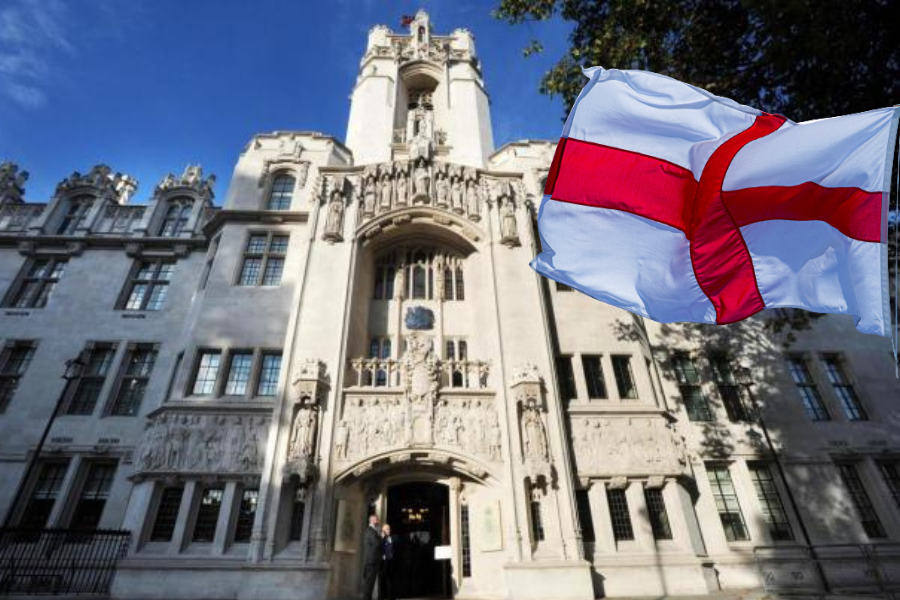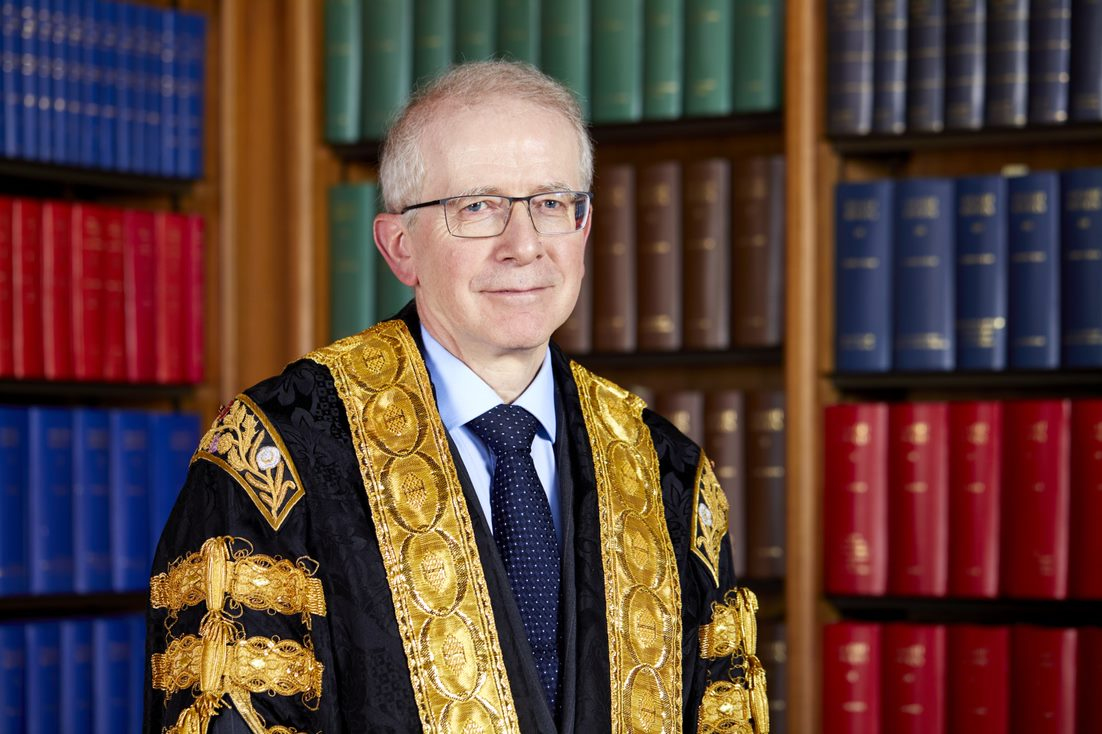
A POLITICAL party which advocates for English independence has applied to intervene in the Supreme Court case on Scotland’s right to hold a referendum.
It comes after the SNP were granted permission to intervene in the case which will see the UK’s top court rule on whether the Scottish parliament has the powers to hold an independence vote without Westminster's permission.
The Scottish party has until September 21 to file its written arguments to the Supreme Court. These cannot exceed 20 pages and must avoid repetition of the arguments laid out by Scotland’s top law officer, Lord Advocate Dorothy Bain, in her submission to the court.
Bain and the UK Government’s top Scots law officer, Advocate General for Scotland Keith Stewart, have each already submitted written arguments to the court.
They will be given 14 days to respond to the SNP submission, with the Supreme Court due to hear arguments on October 11 and 12.
With the deadlines tight, Graham Moore, the leader of the English Constitution Party, has applied to make a fourth written submission to the court.
Moore’s party is looking to submit a “short, written application only to intervene in support of the Scottish people's right to self determination”.
The SNP had applied to contribute “short oral submissions to supplement" their written arguments, but that aspect of their application was denied.
Asked why they were bidding to intervene in the case, English Constitution Party (ECP) leader Moore told The National: “The simplest of reasons is to show that there is support from England that the Union should be made void.”

He said his party “completely and utterly agree with self-determination for Scotland, and for England”.
“It’s the number one international human right,” he went on. “We agree with Scotland being independent, and again people have to remember, the politics of the Scots should have no bearing whatsoever on the English and vice versa, we’re two separate nations.”
Moore added: “Why do I think it’s so important for Scotland? England, the same as the Scots have, has been completely hijacked by the British.
“To conflate the English and the British is completely wrong, if you ask anyone who’s an English constitutionalist nationalist they’ll tell you the same thing – we’re not British, we’re English.”
The ECP have applied for leave to intervene under rules 26 and 41 of the Supreme Court.
Rule 26 says that “any person” can apply to intervene in an appeal, and rule 41 says that this should also “in general” apply to cases on devolution jurisdiction. However, the Supreme Court is able to “give special directions as and when necessary”.
The thrust of the ECP’s legal argument seems to lean on the United Nations' Declaration on the Rights of Indigenous Peoples, which was adopted by the General Assembly on September 13, 2007.
They highlight early articles in this declaration, which says that indigenous peoples have the “right to autonomy or self-government” and the “right to self-determination”.
The party also points to the 1981 British Nationalities Act, which they say “removed our indigenous right to be identified as Scottish [or] English”.
The ECP application adds: “If the court accepts that Scottish and English people are indigenous then the English Constitution Party respectfully submit that the UN … covenants and declarations should be applied to the determination of this case.”
Experts are split on whether a consultative referendum which is not legally binding is within Holyrood’s remit. Referendums are devolved, but matters which “relate to” the Union are reserved, creating a legal gray area.
Ahead of the 2014 vote, the Tory government signed a Section 30 order, allowing Holyrood to legislate for a legal referendum and side-stepping the issue of devolved competence.







